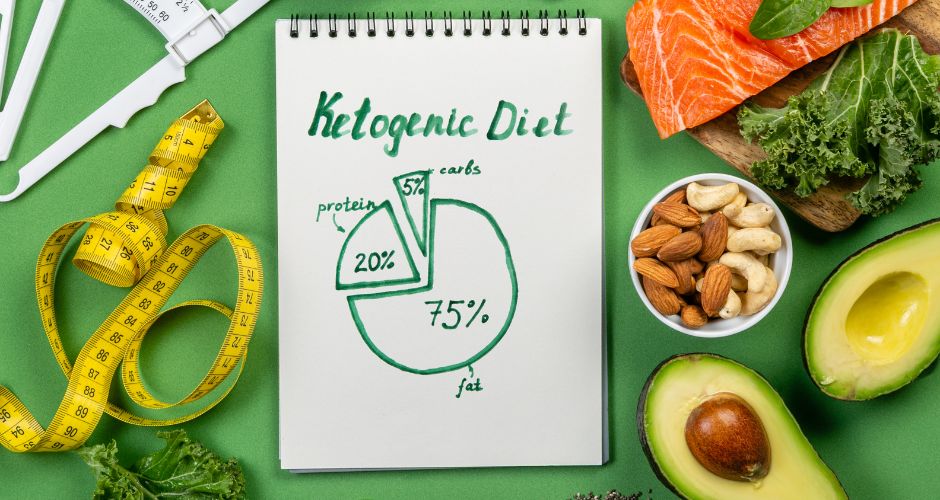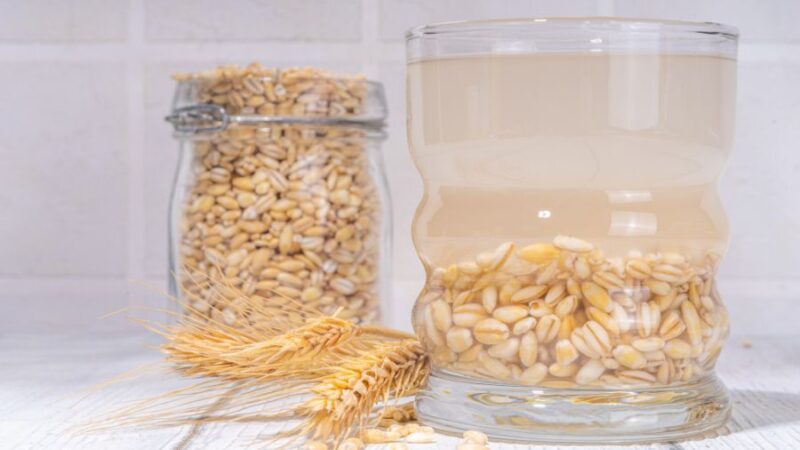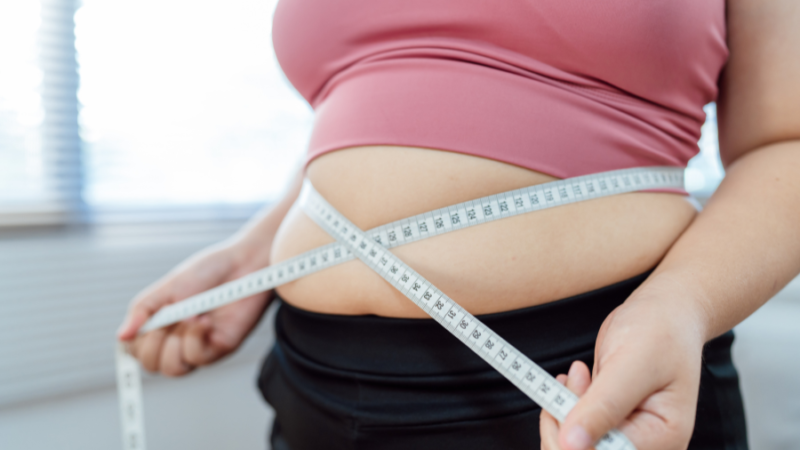Does Keto Diet Really Work for Weight Loss?

In recent years, the ketogenic diet has gained popularity as a promising approach for weight loss. But does it truly deliver on its promises? In this article, we’ll delve into the science behind the keto diet, explore a list of keto-friendly foods, and examine how these foods can aid in weight loss.
Understanding the Keto Diet
The ketogenic diet, often referred to as keto, is a high-fat, low-carbohydrate eating plan designed to induce a state of ketosis in the body. Ketosis occurs when the body shifts from using glucose as its primary fuel source to burning fat for energy. This metabolic state is achieved by drastically reducing carbohydrate intake and increasing fat consumption.
List of Keto-Friendly Foods
- Healthy Fats: Avocado, olive oil, coconut oil, butter, ghee, nuts, and seeds.
- Low-Carb Vegetables: Leafy greens (spinach, kale, lettuce), cruciferous vegetables (broccoli, cauliflower, Brussels sprouts), zucchini, bell peppers, and cucumber.
- Protein Sources: Eggs, poultry, fish, beef, pork, and tofu.
- Dairy Products: Full-fat cheese, cream, yogurt, and cottage cheese (in moderation).
- Berries: Limited quantities of berries such as strawberries, blueberries, and raspberries.
- Herbs and Spices: Garlic, ginger, turmeric, basil, oregano, and cilantro.
How Keto Foods Aid Weight Loss

- Promotes Fat Burning: The ketogenic diet encourages the body to burn stored fat for energy instead of relying on carbohydrates. By drastically reducing carb intake and increasing fat consumption, the body enters a state of ketosis, where it efficiently burns fat for fuel. This can lead to significant weight loss over time as the body taps into its fat stores for energy.
- Suppresses Appetite: Foods high in healthy fats and moderate in protein help keep you feeling full and satisfied for longer periods. This can reduce hunger and cravings, leading to decreased calorie intake and facilitating weight loss. Additionally, ketones produced during ketosis have been shown to have appetite-suppressing effects, further aiding in weight management.
- Stabilizes Blood Sugar Levels: The keto diet involves minimal intake of carbohydrates, which helps stabilize blood sugar levels and prevent spikes and crashes in insulin. By avoiding high-carb foods that can lead to blood sugar imbalances and increased hunger, individuals on a keto diet may experience more consistent energy levels and reduced cravings for sugary and processed foods.
- Increases Metabolic Efficiency: Ketones, the byproducts of fat metabolism during ketosis, have been shown to increase metabolic efficiency. This means that the body becomes more adept at burning calories and fat for energy, potentially leading to enhanced calorie burning and weight loss even at rest.
- Reduces Water Retention: In the initial stages of the keto diet, the body sheds excess water weight due to reduced carbohydrate intake and depletion of glycogen stores. This can result in rapid weight loss in the first week or two of starting the diet. While this initial weight loss may be primarily due to water loss, it can still provide motivation and kick-start progress toward long-term weight loss goals.
Overall, keto foods aid weight loss by promoting fat burning, suppressing appetite, stabilizing blood sugar levels, increasing metabolic efficiency, and reducing water retention. However, it’s essential to remember that successful weight loss also requires overall calorie control, portion management, and regular physical activity. As with any diet, individual results may vary, and it’s essential to consult with a healthcare professional before starting a ketogenic diet, especially if you have any underlying health conditions.
Recommended – Pros and Cons of Paleo Diet
FAQ’s
1. What is the ketogenic diet?
The ketogenic diet, commonly known as keto, is a low-carbohydrate, high-fat eating plan designed to induce a metabolic state called ketosis. In ketosis, the body shifts from using glucose as its primary fuel source to burning fat for energy.
2. How does the keto diet work for weight loss?
The keto diet promotes weight loss by reducing carbohydrate intake, which leads to a depletion of glycogen stores and a shift toward burning stored fat for energy. Additionally, the high fat and moderate protein intake helps keep you feeling full and satisfied, reducing overall calorie intake.
3. What foods can I eat on the keto diet?
Keto-friendly foods include healthy fats (avocado, olive oil, nuts), low-carb vegetables (leafy greens, broccoli, cauliflower), protein sources (meat, fish, eggs), full-fat dairy products, and select fruits in moderation (berries).
4. What foods should I avoid on the keto diet?
Foods to avoid on the keto diet include high-carb foods such as grains (wheat, rice, oats), starchy vegetables (potatoes, corn), sugary foods and beverages, processed snacks, and most fruits (except for small servings of berries).
5. How long does it take to get into ketosis?
The time it takes to enter ketosis varies from person to person but typically ranges from 2 to 7 days of following a strict low-carb, high-fat diet. Some individuals may experience symptoms known as the “keto flu” during this transition period.
6. Are there any potential side effects of the keto diet?
Common side effects of the keto diet include initial fatigue, dizziness, headaches, constipation, and bad breath. These symptoms are often temporary and can be alleviated by staying hydrated, consuming electrolytes, and gradually adjusting to the diet.
7. Can I exercise while on the keto diet?
Yes, exercise can be beneficial while on the keto diet. However, it may take some time for your body to adapt to exercising in a state of ketosis. Many individuals find that their energy levels improve over time, and they are able to maintain their workout routines effectively.
8. Is the keto diet safe for everyone?
While the keto diet is generally safe for most healthy individuals, it may not be suitable for everyone, especially those with certain medical conditions such as diabetes, kidney disease, or gallbladder issues. It’s essential to consult with a healthcare professional before starting any new diet, especially if you have underlying health concerns.
9. Can I cheat on the keto diet?
Some individuals incorporate occasional “cheat meals” or “carb cycling” into their keto diet plan. However, frequent cheating can disrupt ketosis and hinder weight loss progress. It’s important to weigh the potential consequences and decide what approach works best for your goals and lifestyle.
10. How long can I follow the keto diet?
The duration of the keto diet varies for each individual. Some people choose to follow the keto diet for short-term weight loss goals, while others adopt it as a long-term lifestyle change. It’s essential to listen to your body and monitor your health markers to determine what approach is sustainable for you.






